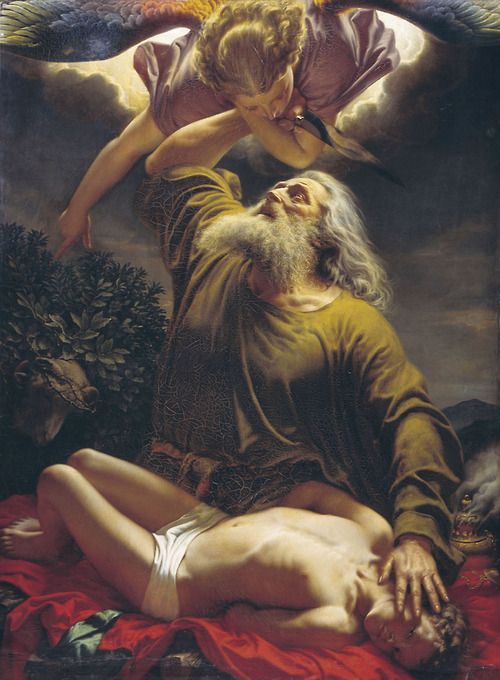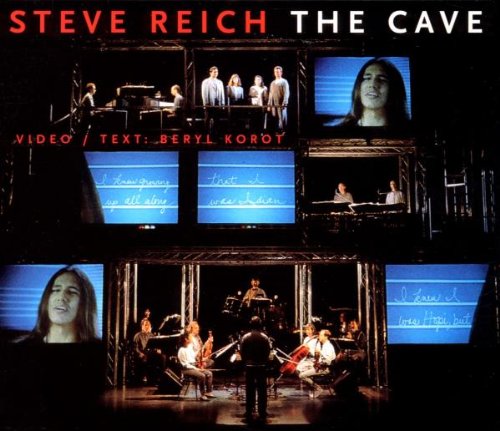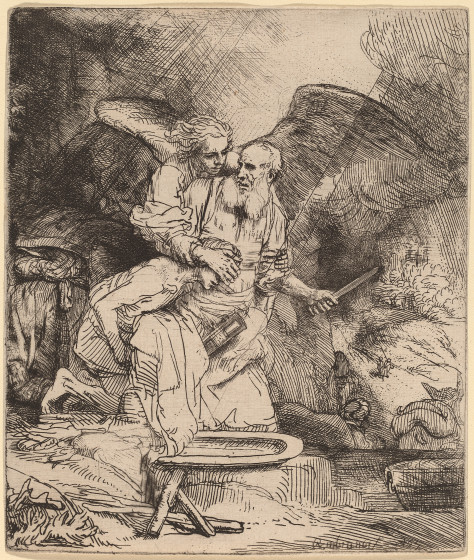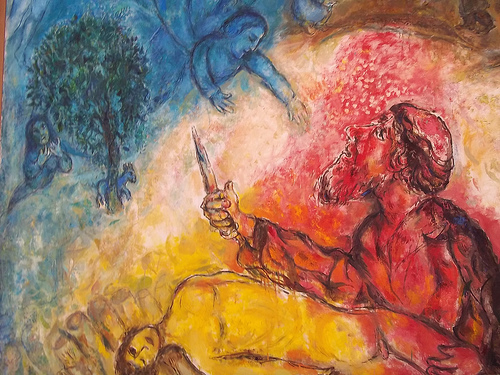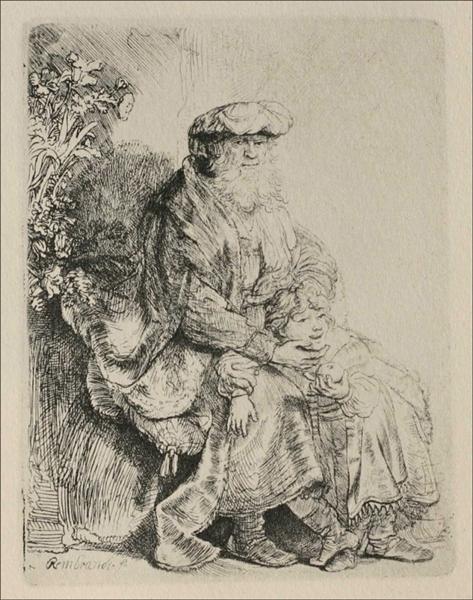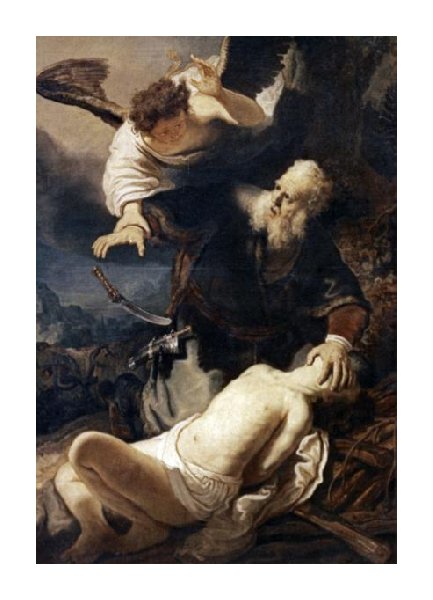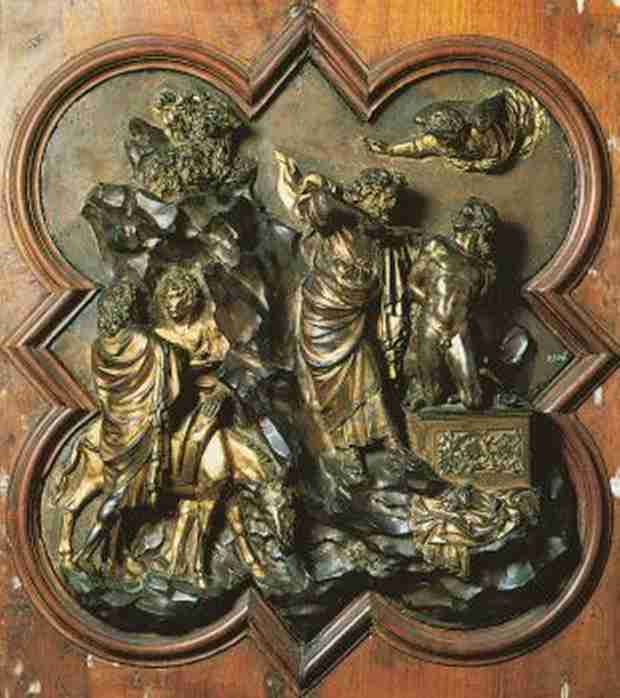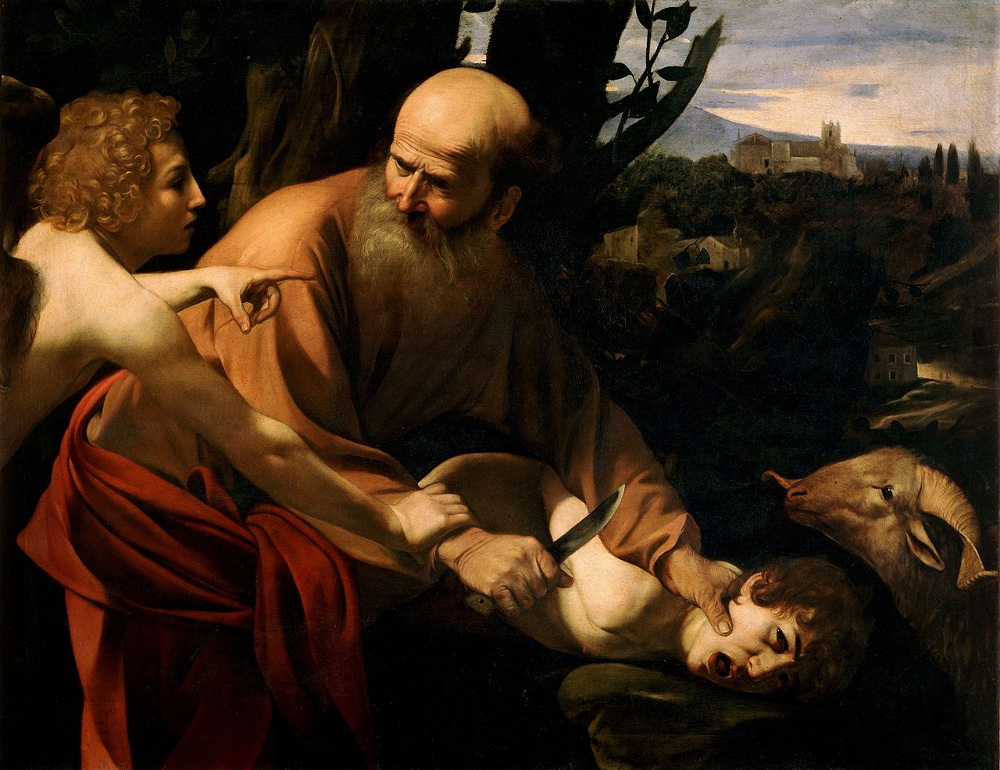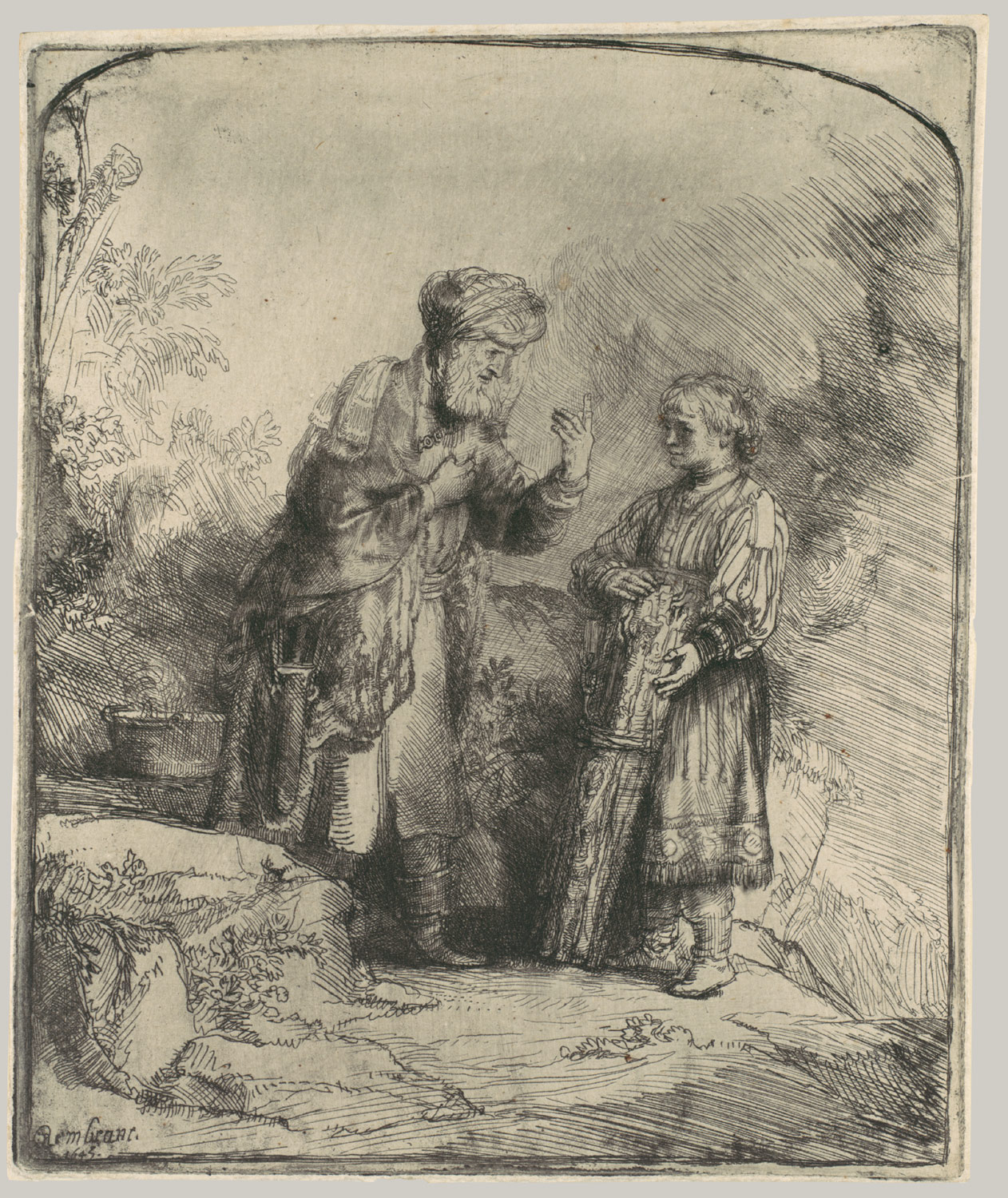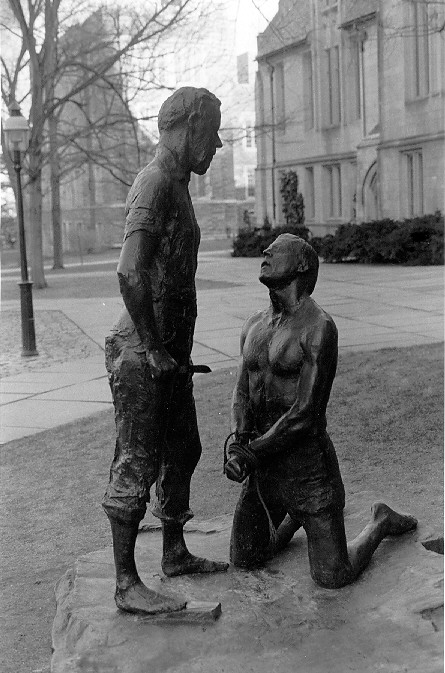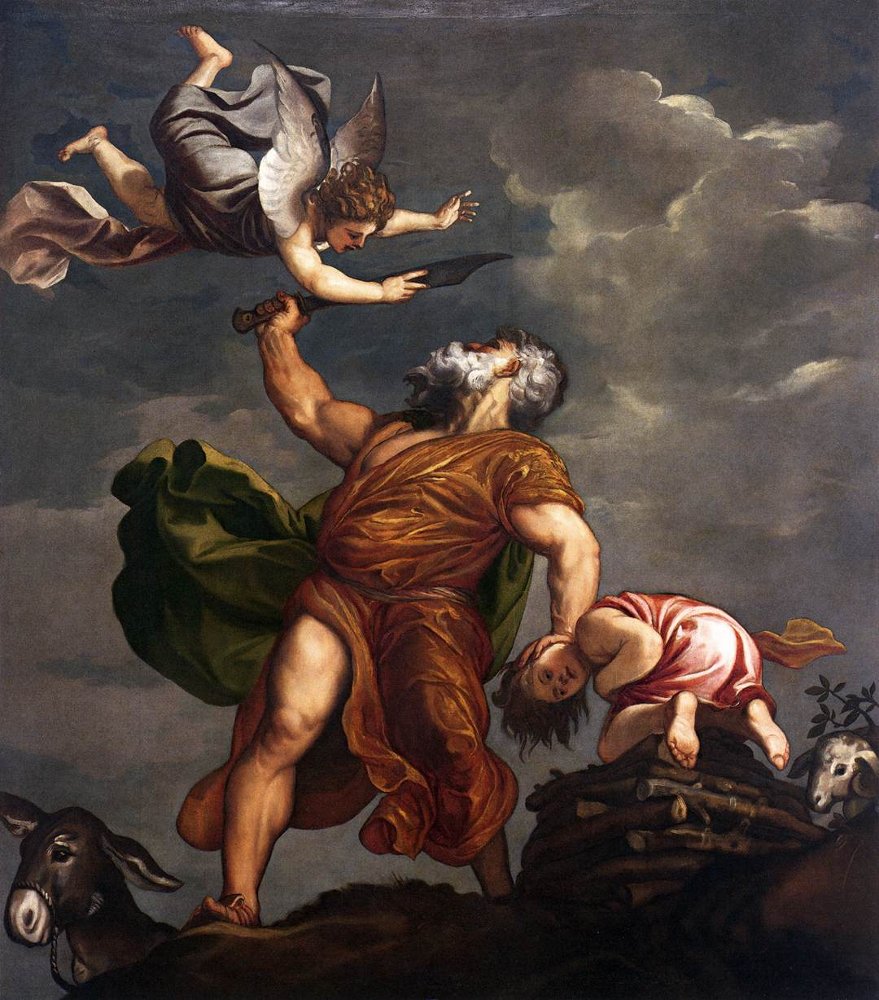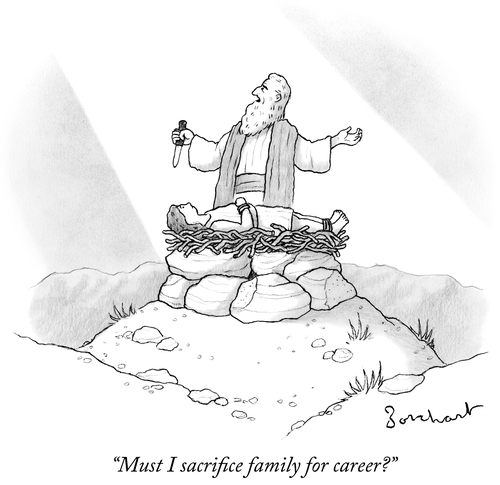WHAT BINDS US TOGETHER:
An interdisciplinary, interfaith look at the Binding of Isaac story in Visual Art, Literature, and Music
“An exceptional program...stirring and beautiful execution.”
“This performance was alive and full of hot crazy heart — exactly what real art is supposed to be.”
— Jess, Universalist Unitarian Church, Brunswick, ME
“Emily was a joy to work with. Her critical review leading up to the music greatly enhanced our Palm Sunday experience. ”
“Dr. Emily Isaacson is an excellent presenter who skillfully communicates her wealth of knowledge and scholarship, and connects well with her audience. Her nuanced presentation of the complex and multi-layered interpretations of the biblical Binding of Isaac story in art and music is accessible and enlightening.
Emily’s ability to engage audiences of different backgrounds and ages is clearly informed by her extensive conducting experience, and she is delightful to work with. I recommend Dr. Isaacson most highly!”
— Deena Schoenfeld, Director of Programming, Jewish Community Alliance of Souther Maine
The Binding of Isaac is one of the most emotionally heart-wrenching stories in both the Hebrew Scriptures (Genesis 22) and the Qur’an (37:99-113). In this tale, Abraham, the patriarch of Judaism, Christianity and Islam, prepares to sacrifice his favorite son to show his devotion to God.
In the thousands of years since it was written, this story has generated awe, controversy, and artistic expression. It prompts questions about the nature of faith and highlights the shared history between the three major monotheistic religions.
Through discussions, multi-media presentations, and a concert, Dr. Isaacson demonstrates how various artists, writers and composers have chosen to interpret this story, not only from a religious perspective, but also as commentary on contemporary political and social issues.
Concert
WHAT BINDS US TOGETHER is a multimedia concert featuring chanting of the Hebrew Scriptures (Genesis 22) and the Qur’an (37:99-113), readings from the King James Bible, and musical settings by Giacomo Carissimi (1605-1674, Italian), Benjamin Britten (1913-1976, English), Aharon Harlap (b.1941, Israeli), Steve Reich (b. 1936, American), Howard Frazin (b. 1962, American) and Jawad Alfatlawi (b. 1952, Iraqi). The concert demonstrates how, throughout history, various composers have chosen to interpret this story, not only from a religious perspective, but also as commentary on contemporary political and social issues.
Touring Ensemble: piano, oud, cello, six singer
Community Engagement Options:
Community Leaders - join performance as readers (English)
Clery - join performance to chant Torah, Qur’an and/or read in English
Choir - University, Community, Synagogue, and/or Church choir learns 1-3 pieces from the program; receives private coaching with Dr. Isaacson; participates in dress rehearsal and performance
Music
Frazen: Voice of Isaac
Britten: Canticle II: Abraham and Isaac
Carissimi: Historia di Abraham et Isaac
Artist Talk-Back
After the concert, we recommend a Talk Back led by Dr. Isaacson and religious educators and leaders from your community. We recommend four panelists—a Rabbi, a Muslim educator, and a Reverend or priest - to offer interpretations of the story and engage in a Q&A after each performance.
Multimedia Presentations
The Art of Sacrifice: The Binding of Isaac Story in Visual Art, Literature, and Music
In this multimedia presentation, Dr. Emily Isaacson demonstrates how, throughout history, various artists, writers and composers have chosen to interpret this story, not only from a religious perspective, but also as commentary on contemporary political and social issues.
One story, 10,000 meanings : Theological, Political, and Social Responses to the Binding of Isaac Story
The Binding of Isaac Story is central to the three major, monotheistic faiths: Judaism, Christianity and Islam. This lectures examines the similarities and differences between the religious exegesis, as well as how political and social movements have leveraged the narrative for their own cause.
School Workshops
The Art of Sacrifice: The Binding of Isaac Story in Visual Art, Literature, and Music
Central to the Binding Story is the relationship not only between man and God, but between father and son. Is Abraham a model of faith or an abusive father? Is Isaac a naive boy or a willing participant? For centuries, writers and artists have used this story to comment on war, the antiquated political class, and generational shifts in attitude. Dr. Emily Isaacson, a former middle school teacher, leads a discussion and writing exercise based on the story. Appropriate for high school English, Civics, History, or Religion classes.
Introducing Children to Islam and Arabic Culture
Through stories, songs, and games, Oud player Jawad Alfatlawi introduces young children to Arabic and Arab culture with a focus on inclusion and connections.

